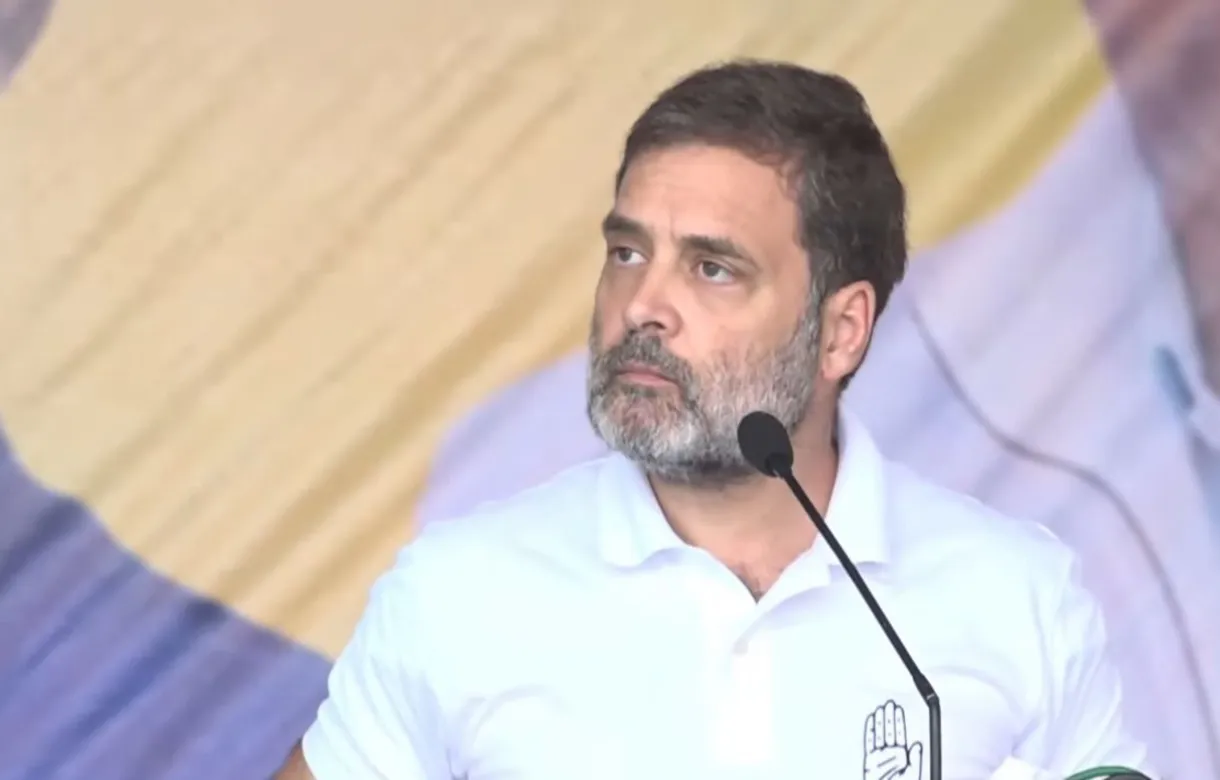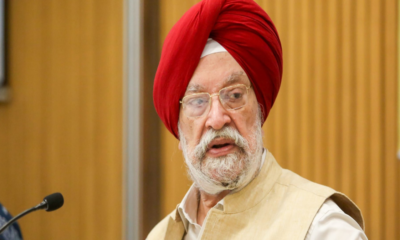Latest Politics News
Rahul Gandhi says Nitish Kumar government’s caste survey was to fool Bihar
“The objective of the caste census should not only be to count various castes but also to understand their contributions to the nation’s wealth. We do not want a caste survey like the one carried out by the Bihar government, which merely aimed to mislead the people,” said Gandhi.

India News
BJP to launch 5,000-km Parivartan Yatra across West Bengal ahead of Assembly elections
India News
BJP alliances in Assam likely to be sealed by March 10
India News
Ajit Pawar’s son seeks detailed probe into Baramati plane crash
Jay Pawar has demanded a comprehensive probe and action against the aviation firm after the Baramati plane crash that killed Ajit Pawar and four others.
-

 Latest world news4 hours ago
Latest world news4 hours agoTrump declines to intervene as Pakistan-Afghanistan tensions escalate
-

 India News4 hours ago
India News4 hours agoBJP alliances in Assam likely to be sealed by March 10
-

 India News3 hours ago
India News3 hours agoBJP to launch 5,000-km Parivartan Yatra across West Bengal ahead of Assembly elections
-

 Cricket news3 hours ago
Cricket news3 hours agoT20 World Cup 2026 Super 8 points table after England beat New Zealand by four wickets
-

 Latest world news20 mins ago
Latest world news20 mins agoIsrael, US strike Iran as explosions rock Tehran, sirens sound in Tel Aviv














